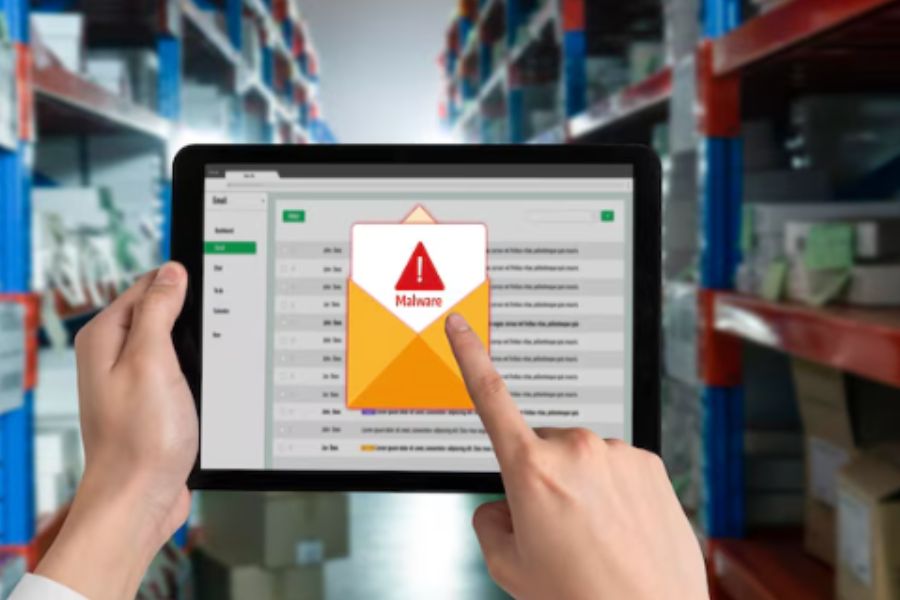Discover the power of API integration in streamlining processes and enhancing operational efficiency. This article explores how businesses can leverage API integration to seamlessly connect systems, automate tasks, and unlock the potential of external platforms. Uncover the transformative benefits of API integration for driving growth and success.
What is API Integration?
API integration, or Application Programming Interface integration, refers to the process of connecting different software applications or systems through their APIs. APIs serve as a set of rules and protocols that allow applications to communicate and share data.
API integration enables applications to interact seamlessly, exchange information, and perform actions across different platforms. It allows for the integration of functionalities, data synchronization, and automation of processes between systems.
APIs provide a standardized and structured way for applications to interact, enabling developers to access specific features or services of another application without having to build them from scratch. This simplifies the development process and promotes interoperability between applications.
It can involve various types of interactions, such as retrieving data from one application to display it in another, sending data from one application to another for processing, or triggering actions in one application based on events or data from another.
API integration not only enables various types of interactions but also offers reliable performance. According to an API survey by Statista in 2020, over half of the respondents working with APIs expressed satisfaction, stating that their APIs had a good performance and did not frequently break or undergo significant changes. This highlights the stability and reliability of APIs in facilitating seamless data exchange and functionality between different applications.
Why Do You Need API Integration?
API integration is essential for businesses for several reasons:
- Seamless Data Exchange: API integration allows for smooth and efficient data exchange between different systems or applications. It enables the transfer of data in real-time or scheduled intervals, ensuring that information remains consistent and up-to-date across all connected platforms.
- Workflow Automation: API integration helps automate workflows by enabling applications to communicate and trigger actions based on specific events or data. This reduces errors and improves operational efficiency by eliminating manual tasks.
- Enhanced Functionality: By integrating APIs, businesses can access and leverage additional functionalities or services provided by third-party applications. This expands the capabilities of their systems without the need for extensive development efforts.
- Improved Customer Experience: API integration allows businesses to provide a seamless and integrated experience to their customers. For example, integrating payment gateways or social media APIs into ane-commerce platform enables smooth transactions and social media sharing capabilities, enhancing customer satisfaction.
- Scalability and Adaptability: API integration enables businesses to easily scale their operations and adapt to changing needs. They can integrate new applications or services to meet growing demands without disrupting existing workflows.
Harnessing the Benefits – 4 Ways to Use API Integration
APIs for Configuration, Administration, and Monitoring of Products
The API integration can be utilized to streamline the configuration, administration, and monitoring of products or services. By integrating APIs into management systems, businesses can automate tasks such as product setup, updates, and monitoring. This allows for efficient management of product catalogs, pricing, inventory, and other related aspects.
APIs to Upload and Download Files
API integration enables seamless uploading and downloading of files between different systems or applications. For example, by integrating file-sharing APIs, businesses can automate the process of uploading documents, images, or media files from one system to another. This ensures secure and efficient file transfer, supporting collaboration and data synchronization across platforms.
Using Tools to Connect Other Systems Using Their APIs
API integration tools and platforms can be employed to connect and integrate various systems or applications. These tools provide a unified interface to manage multiple APIs, simplifying the integration process. By leveraging these tools, businesses can easily connect and synchronize data between systems, enabling seamless communication and data exchange.
Integrating Third-Party Services and Applications
API integration allows businesses to integrate third-party services and applications into their systems. For example, by integrating payment gateway APIs, businesses can offer a wide range of payment options to their customers. Similarly, integrating social media APIs enables sharing content or accessing user data from popular social platforms. This integration enhances functionality and enriches the user experience.
By harnessing API integration in these ways, businesses can streamline operations, automate tasks, enhance data management, and leverage the capabilities of external systems or services. API integration opens up possibilities for seamless connectivity, enabling businesses to optimize processes, improve efficiency, and deliver enhanced experiences to their users or customers.
Conclusion
API integration empowers businesses to streamline processes, enhance efficiency, and stay competitive. By connecting systems, automating tasks, and leveraging external platforms, firms can drive growth and adapt to the evolving digital landscape. API integration is a transformative tool for staying ahead in today’s fast-paced business environment. If you want to know more about this information, feel free to contact us.



